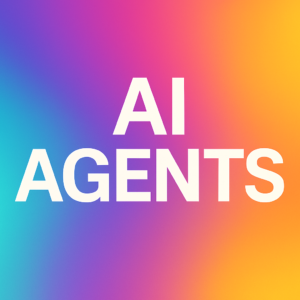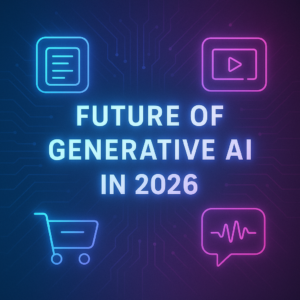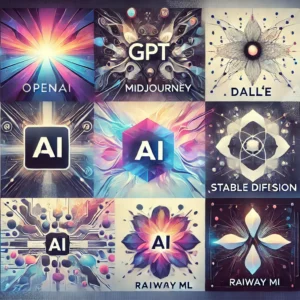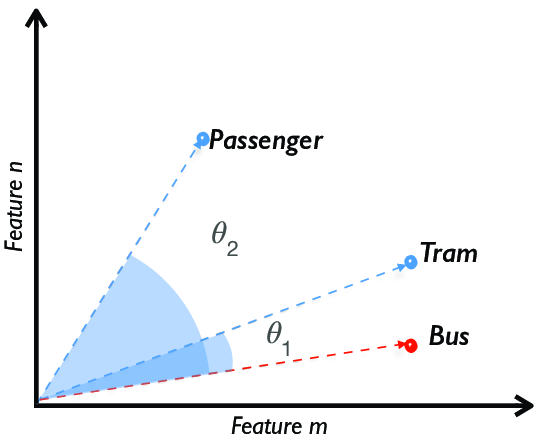Introduction:
Generative AI is a type of artificial intelligence that has come out as an influential tool with disruptive potential in many different industries. Generative AI, which makes machines mimic human creative abilities and produce new content, is transforming traditional work processes and creating new dimensions for innovations. In this article, we will be discussing some of the main applications for Generative AI in industry and how organizations use it to drive their growth and competitive edge.
Creative Content Generation:
Generative AI models such as GPT-3 have been crucial in automating the creation of content spanning various sectors like marketing, advertising, and media. Articles, blog posts, product descriptions, social media captions etc. are all examples of human-like text these models can create in order to save time and resources for businesses without compromising on quality or relevance.
Personalized Product Recommendations:
E-commerce companies employ generative AI algorithms to analyze customers’ data so that they can generate individualized product recommendations. These algorithms understand what individual buyers prefer by studying their behavior patterns thus leading to more sales and enhanced customer satisfaction levels since it recommends items that are highly relevant to the particular consumer’s taste level.
Virtual Prototyping and Design:
The use of generative AI in fields like motor vehicle, aerospace, and consumer electronics industries is helping to streamline the process of designing products and creating prototypes. By using design specifications and limitations as input parameters, engineers can quickly iterate on a design space that has been generated virtually. They also have the opportunity to view multiple options for designs simultaneously, which helps them identify the most suitable solutions faster than ever before.
Fraud Detection and Risk Management:
To this end, financial institutions have embraced generative AI fraud detection tools as well as risk management systems which enable them to track down fraudulent activities more effectively. These algorithms are capable of processing a large number of transactions in real time, identifying suspicious trends or deviations from normal transaction patterns and flagging transactions that appear potentially fraudulent for scrutiny thereby reducing financial losses.
Natural Language Processing and Customer Service:
There is a complete revolution happening in customer service through generative AI-powered virtual assistants such as chatbots especially in areas like retail, banking sector among others. The system allows these artificial intelligent agents to easily understand natural language queries by customers besides enabling them provide personalized support while handling routine tasks including booking appointments; making purchases or even fixing troubles thus leading to happiness improvement among clients with low operation costs involved.
Medical Image Analysis and Diagnosis:
Generative Artificial Intelligence (AI) is playing a crucial role in medical image analysis and diagnosis in the healthcare industry. For instance, deep learning algorithms can be used to analyze medical images, for example X-rays, MRI scans, and CT scans to detect abnormalities or anomalies that may be present; this will aid radiologists and clinicians who will further use them to make more precise and timely diagnoses resulting in better patient outcomes or delivery of more well-off healthcare.
Drug Discovery and Development:
Pharmaceutical companies have employed generative AI technologies to expedite drug discovery and development. Molecular structures are being analyzed while chemical reactions are simulated so as to generate potential drugs which might work. As such, AI-powered algorithms can help researchers find new promising drugs faster and more cheaply by predicting potential drug candidates therefore they can be used as a basis for the development of medicines that cure a variety of illnesses.





